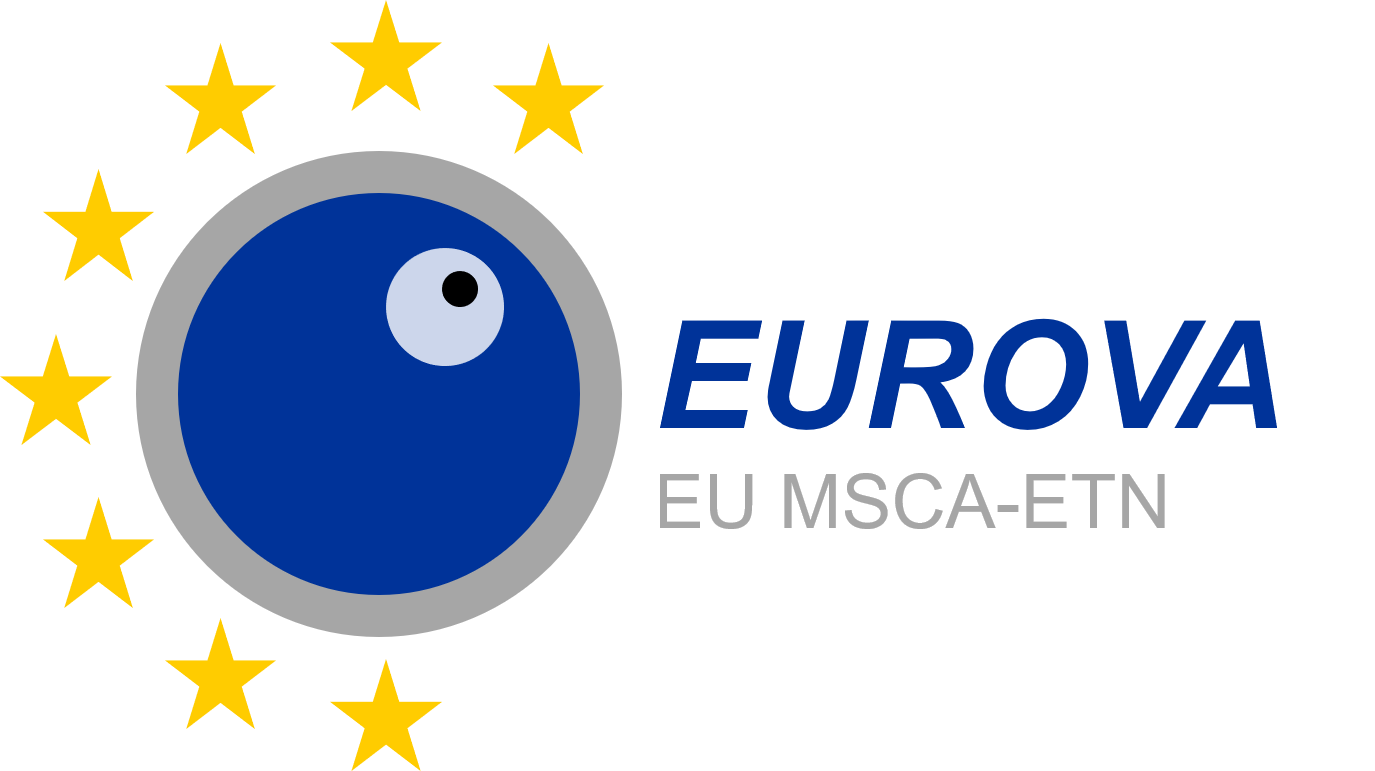Challenges
The hallmark of successful mammalian reproduction is the fusion of a haploid spermatozoon with a metaphase II oocyte. In preparation for fertilization, germinal-vesicle -stage oocytes, arrested at prophase I of meiosis are stimulated to resume meiosis and mature to metaphase II. Assisted Reproduction Technologies (ART) are increasingly successfully applied in the treatment of low fertility in men and women, to advance genetic gain in livestock species and also to preserve endangered species.
Nevertheless, in all applications, efficiency remains low. The greatest block to advancement is insufficient knowledge of the key regulatory checkpoints and processes that determine oocyte health.
Solutions
The EUROVA European Training Network will consolidate European Oocyte Biology Research, train a new cohort of Reproductive Scientists and generate new knowledge. A deeper knowledge and understanding of the mechanisms set in place during the trajectory of oocyte growth, maturation, fertilization and oocyte to zygote transition will lead to innovations in ART, animal breeding, endangered species preservation, regenerative medicine and reproductive toxicology.
To achieve the overall aim and objectives of EUROVA, the research has been organised into two complementary and interconnected work packages (WPs).
WP1 Molecular mechanisms regulating oocyte development
To develop a cross-species molecular and morphological reference map of mammalian oocyte growth and maturation. The studies proposed in WP1 form the backbone of the overall research project, generating new knowledge, reference data, candidate biomarkers and ultimately, targets for manipulation.
WP2 Refinement of Assisted Reproductive Technologies
To create new solutions for maximising the reproductive potential of oocytes harvested from sub fertile donors. The resulting data will identify ART sensitive and resistant chromatin regions in oocytes, indicate the most benign ART protocols and provide roadmaps for refining and developing prototypes of ART protocols. This work will be used to optimize fertility interventions for livestock and human females and translate IVP protocols for breeding endangered mammalian species. The translation of the research of WP1 and WP2 into practical conservation tools would offer a blueprint for saving critically endangered mammalian species from extinction.
A further four work packages will oversee the management and recruitment activities of the Training Network (WP5), education, training and career development of the Early Stage Researchers (WP3), knowledge transfer, exploitation and dissemination of EUROVA results and activities (WP4) and ethical requirements (WP6).

